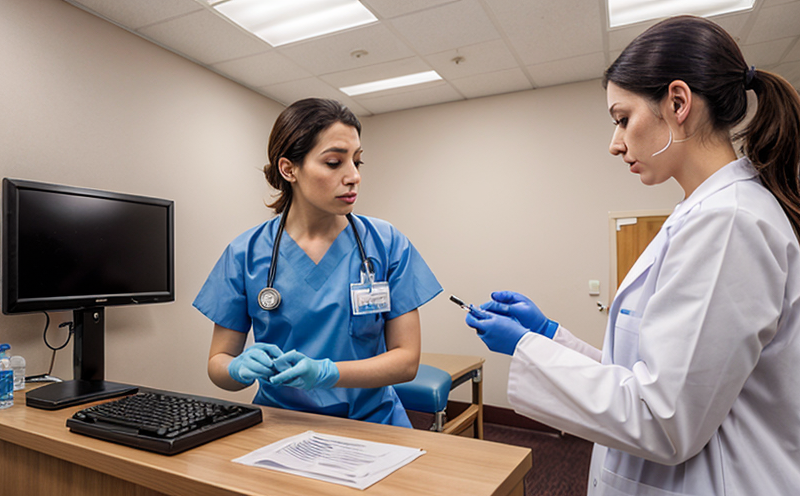Dioxin and PCB Residue Testing in Dairy Products
In recent years, there has been increasing concern about dioxins and polychlorinated biphenyls (PCBs) as contaminants in food products. Dioxin and PCB residue testing is crucial for ensuring the safety of dairy products consumed by consumers worldwide. This service ensures that these potentially harmful substances are not present or are below acceptable levels, protecting public health.
Dairy products are among the most commonly consumed foods globally, and their quality and safety are paramount to maintaining consumer confidence. The presence of dioxins and PCBs in dairy can occur due to various environmental factors such as industrial pollution, waste incineration, and agricultural practices. Regular testing helps manufacturers comply with stringent regulatory requirements set by global bodies like the World Health Organization (WHO) and European Food Safety Authority (EFSA).
Our laboratory offers comprehensive dioxin and PCB residue testing services tailored to meet the needs of dairy producers, processors, and quality managers. Using advanced analytical techniques, we provide accurate and reliable results that help ensure product safety and regulatory compliance.
Testing Process
The testing process involves several key steps:
- Sample Collection: Proper collection of samples is critical to ensuring accurate test results. Samples should be representative of the product being tested and stored under appropriate conditions.
- Preparation: Once collected, the samples undergo rigorous preparation processes including drying, grinding, and homogenization to ensure consistency.
- Analysis: Advanced analytical methods such as high-resolution gas chromatography with mass spectrometry (HRGC-MS) are used for precise quantification of dioxins and PCBs. These methods allow us to detect even trace amounts of these contaminants.
The laboratory adheres strictly to international standards including ISO/IEC 17025:2017, ensuring that all tests are conducted under controlled conditions and meet the highest quality standards.
Applied Standards
| Standard | Description |
|---|---|
| ISO 16947:2015 | Determination of dioxins and furans in foodstuffs, animal feed, and related materials by high-resolution gas chromatography with mass spectrometry (HRGC-MS) |
| ASTM E1638-07 | Determination of polychlorinated biphenyls in foodstuffs, animal feed, and related materials by high-resolution gas chromatography with mass spectrometry (HRGC-MS) |
Benefits
The benefits of dioxin and PCB residue testing in dairy products extend beyond mere compliance; they contribute significantly to public health protection. By identifying contaminants early, manufacturers can take corrective actions promptly, reducing risks associated with contaminated products.
Compliance with international standards not only protects consumers but also enhances the reputation of brands that prioritize quality and safety. Regular testing fosters trust among customers and stakeholders, leading to increased market competitiveness for dairy producers.
In addition to health protection, these tests help in maintaining brand integrity and operational efficiency by ensuring consistent product quality across batches.
Use Cases and Application Examples
| Application Example | Description |
|---|---|
| Dairy Processor Quality Assurance | Implementing routine testing ensures that all batches of dairy products meet strict international quality standards, preventing potential contamination risks. |
| Agricultural Product Suppliers | Testing raw materials helps ensure the safety of inputs used in dairy production, thereby reducing the risk of introducing contaminants into finished products. |
Dairy processors often face challenges ensuring that their products are free from dioxins and PCBs. Our testing services offer a solution by providing accurate data on contaminant levels. This information is essential for making informed decisions about process improvements, supplier selection, and product reformulation.





